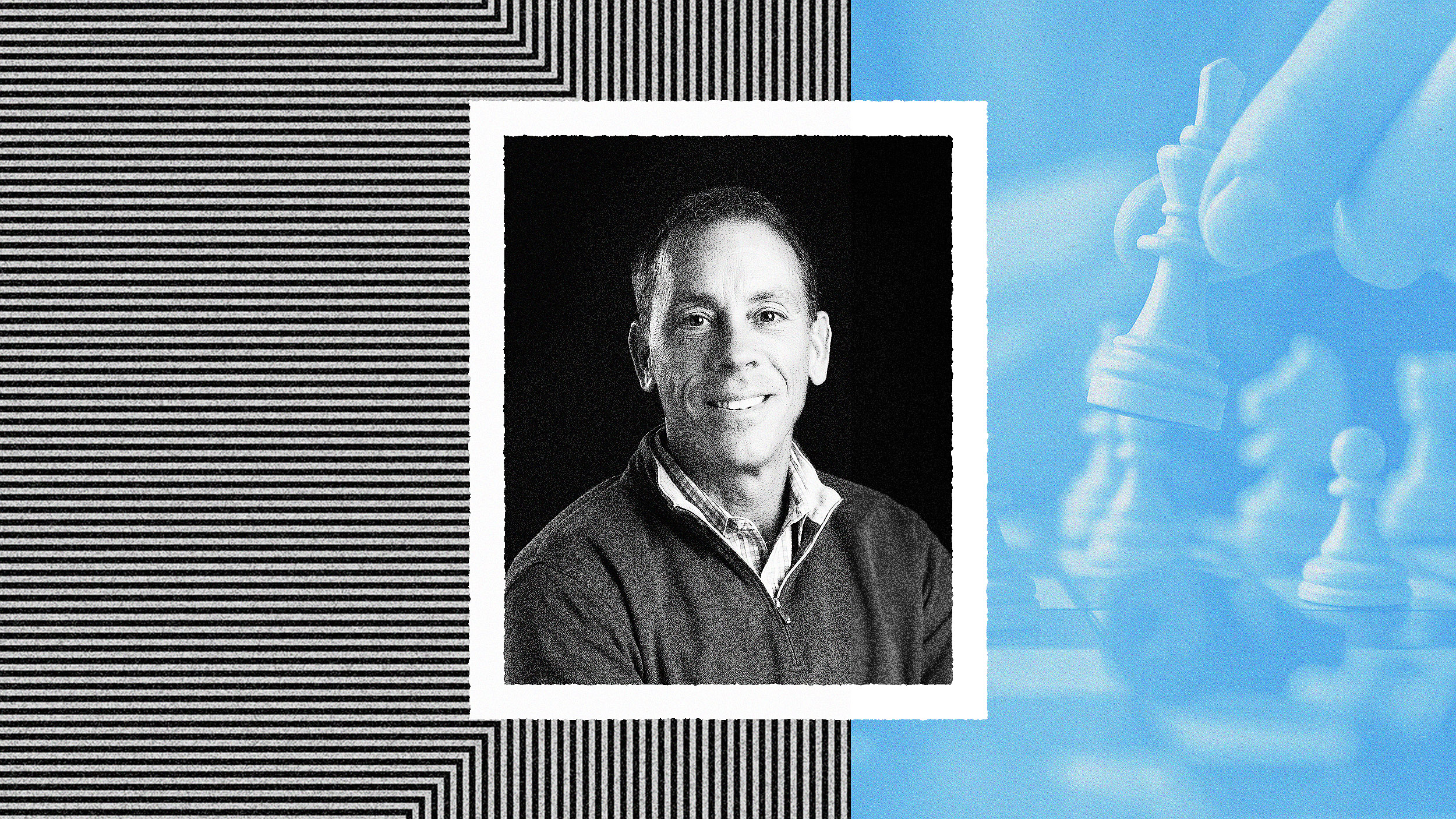Michael Vassar is co-founder and chief science officer of MetaMed Research, a medical consulting firm that conducts personalized medical research for clients. In this video interview, Vassar explains why the impetus for founding the company and dissects the many faults of modern medical research. Most notably, Vassar decries the fact that we have “essentially banned the sort of research which has given us all of our successes in medicine from the entire history of medicine.” Hospitals are factories, says Vassar, in which thinkers are instructed not to think, but to execute protocol. And that’s the opposite of progress. You can’t make important medical discoveries when you’re just pushing buttons.
Michael Vassar: Studies show that the average doctor’s visit involves eight to 11 minutes of doctor-patient time. Meanwhile that medical intake interviews that doctors are taught to give in medical school should take an average of two to three hours. This is pretty typical of the system. Systematically, people are taught to do something in medical school that centuries of scholarly and scientific discovery have shown should allow them to bring humanities knowledge to bear on a case. And systematically, industrial processes are set up to go through the motions of doing something symbolic of that, but which there is no reason to think will actually work.
We have essentially banned the sort of research which has given us all of our successes in medicine from the entire history of medicine. Like, there have been a few kind of decent cancer successes, but there has never been a penicillin; there has never been a smallpox vaccine. There has never been a vitamin C for scurvy. If you look at the sort of research that to which we attribute practically all of the historical successes of science and especially of medicine, we see that there is virtually no funding for it and there is virtually no regulatory framework for doing it legally and for publishing it. The sort of research that we have invented in the post-World War II era is a sort of research that is designed to confirm and assert that we are doing research rather than designed to cure diseases. After we do the research, no one reads it anyway and it’s well known that even if there was no fraud, given the standards that we’re doing somewhere around, as John Ioannidis published in the most-cited paper in the history of PLOS — our Public Library of Science — something like 80 percent of all medical findings, 90 percent of cancer findings, 50 percent of the best medical findings considered highest-quality and 25 percent of medical consensus would be false in the absence of any fraud based on the methodologies.
And that’s not false in the sense of useless; that’s false in the sense of not true. In addition, there’s the uselessness of statistical rather than practical significance, et cetera. Then there is the, as I say, phenomena that generally no one reads the literature anyway because as bad as the literature is, it’s still possible by digging through it in excruciating depth and actually thinking hard in an analytic way doing detective work with the weak clues that it provides, it’s possible to do enormously better than you could realistically expect to do. We have television shows about medical detectives. Dr. House who was inspired by Sherlock Holmes. But have you heard of the CSI effect? CSI is a television show about forensic detectives and the CSI effect is the policy of excluding people who watch CSI from juries because people who have a reasonable model of what forensic science is capable of, but don’t realize that in realistic practice in the ordinary execution of the law this is never done will frequently acquit based on the absence of evidence at a standard that would be considered adequate on television.
And the thing is you could say, "Oh silly, gullible public who expects things to be done right like they are on television," or you could say, "Silly, corrupt system that expects people to consider it legitimate," even though everyone can be shown on television what the legitimate scientific evidence based version of the system would look like. We have the same with Dr. House. What we have in the real world is not, for the most part, in non-dramatized ordinary cases, we do not have detectives investigating crimes in an analytical, scientific, evidence-based exploratory manner. We have police executing police procedures. And that works reasonably well for maintaining public order. But it’s not a plausibly good way of digging into mysteries of any sort. Likewise the hospitals we have execute procedures which prevent doctors from actually having freedom to think and figure things out. Doctors have sort of legal rights to do so, but they’re basically afraid to do so because the insurance companies and professional opinion and the legal system all make it dangerous to do so at all frequently. And so what we have is highly trained people who spend many years learning how to think in order to heal people.
Then being put in a system that is a glorified factory where they’re not actually allowed to think and figure out how to heal people, but instead are supposed to execute procedures that may or may not work, but which are statistically, if executed correctly and no one’s checking to see if they’re executed correctly, pretty well known to, assuming the literature is true, be on average beneficial. So that does have some benefit for public health, but it’s not really very well optimized for public health either because if it was they would be using checklists and expert systems and other techniques which have been known for 40 years or more to be capable of saving 98 to 225,000 lives a year in the U.S. alone as Peter Pronovost has written up extensively about and as Atul Gawande has presented in his book The Checklist Manifesto. If you would like actual medical detective work, you can’t buy it from the local hospital and you can’t buy it from the Mayo Clinic. But you can, if you wanted, to hire a team of doctors with what seemed to you like relevant expertise and a team of scientists to do consulting work; work with them; go to medical libraries; read the papers; and do it yourself.
Most people don’t really have the expertise to do that and either to hire the doctors and scientists or to do it themselves and the price would seem prohibitive to most people. And so I’ve built a system that can do it for you and the price is not prohibitive. It’s actually comparable to all sorts of luxuries that middle-class people have all the time like an extra bedroom or an extra car. But it’s also not cheap. It’s, you know, you’re paying for serious intellectual work. It costs similar amounts to what it would cost to pay for a good law firm to investigate your case if you were in serious legal trouble, which is something that middle-class people would not blink before doing. Because people are not in the habit of seeing medical services as something that they need to provide for themselves because they’re in the habit of seeing it as an entitlement or right, they do the equivalent of going to a public defender almost all the time. So MetaMed has decided to focus more on orphan diseases where the awareness is higher — that the services are inadequate because the medical system in orphan diseases is basically just telling the patients, "No, we’re not going to try to help you," rather than telling people falsely that it’s going to try to help them like it does with cancer or heart disease or neurological disorders or whatever.
Directed/Produced by Jonathan Fowler, Elizabeth Rodd, and Dillon Fitton





